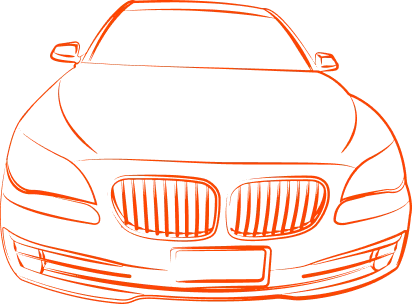
Get Your VIN Report & Learn How It Works
Smarter, Faster, Trusted by Thousands
Lookup any VIN to reveal hidden damage, odometer rollbacks, previous owners and open recalls.
Input must be exactly 17 characters long.




HOW TO USE A VIN CHECK - Step-by-Step Guide to Smart Vehicle Research
A WIN VEHICLE
is a unique 17-character code tied to every vehicle. It holds structured details about manufacturing, configuration, and when accessed properly — ownership and incident history. Checking it is one of the first things people do before buying a used car. To get started, try our tool.

WHAT CAN YOU LEARN FROM THE BASIC
A typical VIN check starts by verifying the code itself. If the structure is valid, most tools display:
Year of production
Assembly location
Engine type and trim
THIS ISN’T FAKE — IT’S JUST GENERIC.
But on their own, these details don’t answer the bigger questions: Was the car in an accident? Is the title clean? Were there any ownership disputes or recalls?
Learn more about how VIN checks work
Why Basic Results Often Aren’t Enough
Some platforms offer general VIN checks without digging deeper. They might include sections labeled “Accident History” or “Title Records,” but these stay blank unless the report is upgraded. This is common with free tools or trial versions.
What’s usually missing:
Prior collisions or damage
Theft or recovery status
Flood or salvage branding
Insurance claims
Odometer inconsistencies
Active recalls
Owner history
That kind of data lives in insurance systems, state DMV databases, salvage auction logs, and government recall lists. Free tools don't connect to those sources.
WHERE IT BECOMES USEFUL
A full VIN report becomes valuable when the decision depends on accuracy. Before buying, it helps to know:
If the title has changed states too often
Whether a rebuild was involved
If the mileage increased steadily or shows gaps
Whether the car is still affected by unresolved recalls
If the vehicle was ever listed in theft registries
OTHERS FUNCTIONS CONSIDERS
VIN checks aren’t limited to cars. They’re also used for motorcycles and other types of vehicles. However, data availability can vary. Some systems include a bike history check feature, but reports may be less complete depending on the reporting agencies.
Some platforms allow recall searches, title validation, and lien detection. There are also tools designed to check car price by VIN using market benchmarks, though estimates are often broad and based on general conditions.
WHY THE Source of the Report Matters
Not all VIN checks are equal. Tools that connect to federal or industry databases usually mention sources like NMVTIS, NICB, or manufacturer recall APIs. These are considered more reliable because the data comes from direct input by insurers, law enforcement, and title agencies.
A report that includes access to multiple data layers gives a clearer overview of the vehicle’s past. Learn how to spot high-quality reports in our full VIN Check guide.
WHEN IT MAKE SENSE TO USE ONE
Using a VIN check is recommended when:
Looking at a vehicle from out of state
Importing a used car
Verifying ownership history
Screening vehicles before auctions
WHEN IT MAKES SENSETO USE
Using a VIN check is recommended when:
Buying a car from a private seller
Looking at a vehicle from out of state
Importing a used car
Verifying ownership history
Screening vehicles before auctions
Limitations and Misuse
VIN checks won’t show current owner names or addresses. They don’t replace a mechanic’s inspection. And while helpful, they rely on what’s been officially reported. If damage was repaired privately and never claimed, it won’t show up.
It's also worth avoiding tools that require payment before showing what they actually provide. Platforms that emphasize “full reports” should be transparent about what’s included and where the data comes from.
SUMMARY
VIN checks are a technical method for verifying what a vehicle is and what it’s been through. Using them correctly means looking past basic specs and reading into accident, title, and ownership records.
Free tools are good for early steps — to confirm that the VIN is real and the car matches the description. But for anything beyond that, the report needs to come from a provider with access to real databases. When evaluating a car, especially for purchase or resale, surface-level info is rarely enough. Use VinScanPro to get the facts before making any decisions.
Ready to get started?
Learn about a vehicle,


